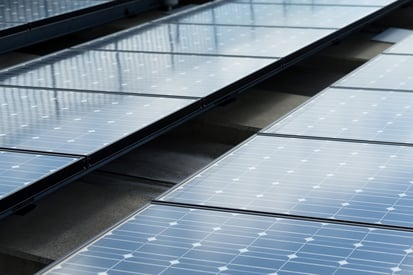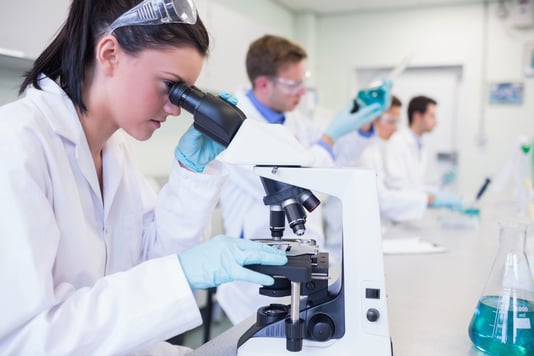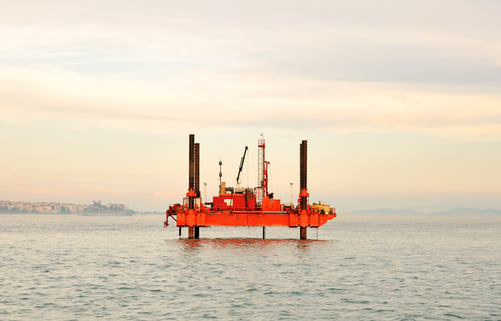
Whether you've made a switch to reduce your monthly energy bills, need to have off-grid power in case of an emergency or are invested in getting more alternative energy into the world, do you know what the value of that equipment is worth? An alternative energy asset valuation helps you stay on top of your equipment values, but what kind of equipment is covered during the process? Here's a quick overview to help you get started.
What Equipment is Covered in an Alternative Energy Asset Valuation?
- Solar PV Panels: Photovoltaic (PV) panels are an interesting accounting conundrum, because of their extremely long lifespan. Rated to last 50 years or more, PV panels are often completely written off the books in terms of value within a matter of years, because of how tax agency depreciation works. However, that doesn't mean that the PV panels no longer have any value! Having these panels appraised provides you with a solid idea of what they're worth, even a decade or three after they've been installed.
- Wind Turbines: Unlike PV panels, wind turbines have mechanical systems that can wear out over time. Depending on the amount of use they receive, how much of a beating they take from storms and the overall quality of materials and design, they may still last for a very long time and should be appraised to determine both their expected remaining useful lifespan and their value. This will help you decide at what point these machines should be replaced.
- Hydroelectric Turbines: Unlike wind, hydroelectric turbines typically operate under a steady amount of production, with no sudden increases or decreases in terms of flow, productivity and load. This makes this type of equipment last a very long time, with some Scottish hydroelectric turbines being over a century old! For that reason, much like PV panels, it's important to have their value determined, as they'll continue to have value long after they've been fully depreciated.
- Generators: Though the other assets we've discussed have been renewable energy, generators are not. When you need to have constant electrical service, such as at a medical facility, secure location or similar situation, a backup generator is commonly used to provide the additional power. They may also be installed to provide a backup for renewable energy systems during times of poor energy production. Generators will age and wear, so having an equipment appraisal performed ensures you know their condition and current value.
- Transformers, Chargers and Similar Equipment: Unlike standard line power, alternative energy systems have a wide range of additional equipment to operate successfully. This can include voltage transformers to step power up or down, inverters that change the system's direct-current power to alternating-current 120V or 240V standard single-phase power, chargers for battery banks and a range of other necessary equipment.
Having an alternative energy asset valuation performed on your equipment makes it much easier to deal with insurance claims, incorrect tax assessments and a range of other potential situations you may face. However, it's important to make sure that you're getting a valuation from an independent accredited equipment valuation specialist who has no interest in the outcome of the appraisal, as that will ensure that you're receiving an accurate estimate of value for your alternative energy assets.



